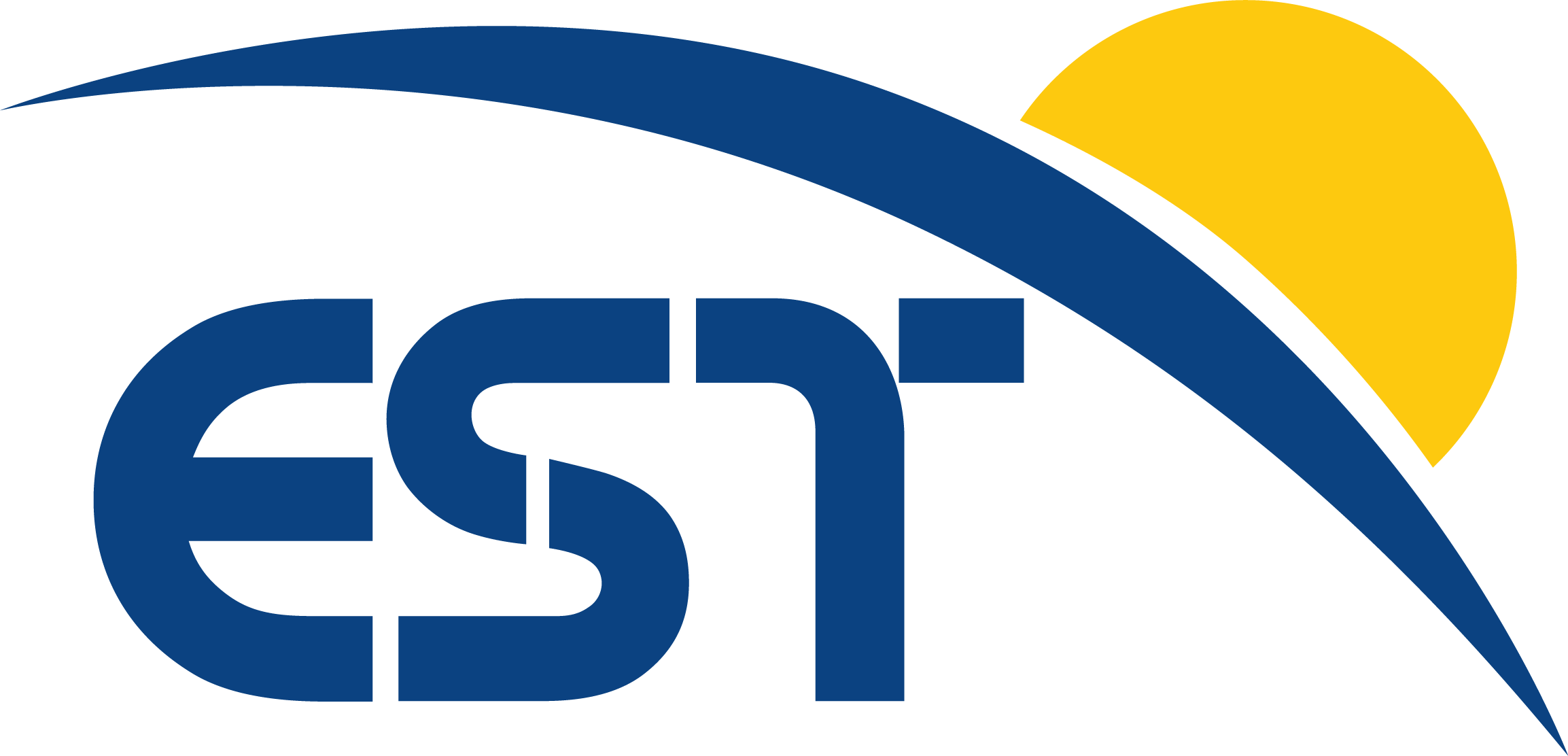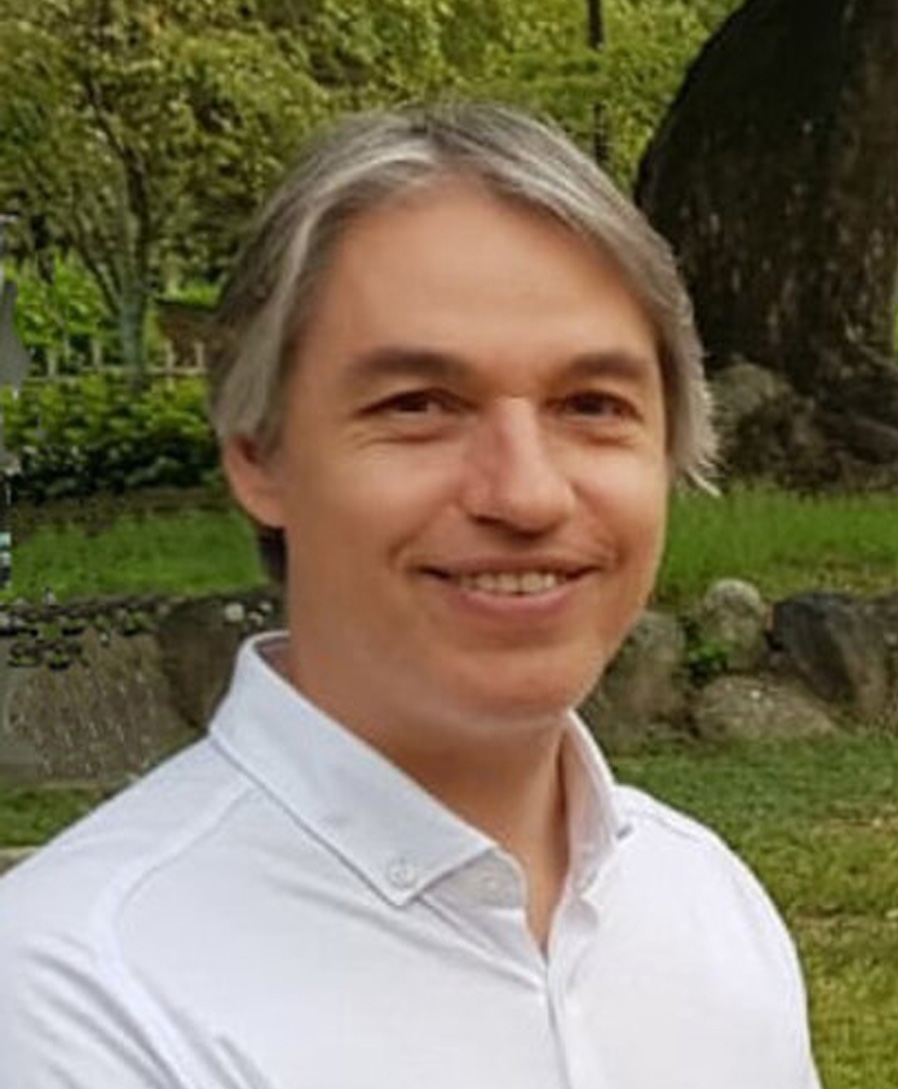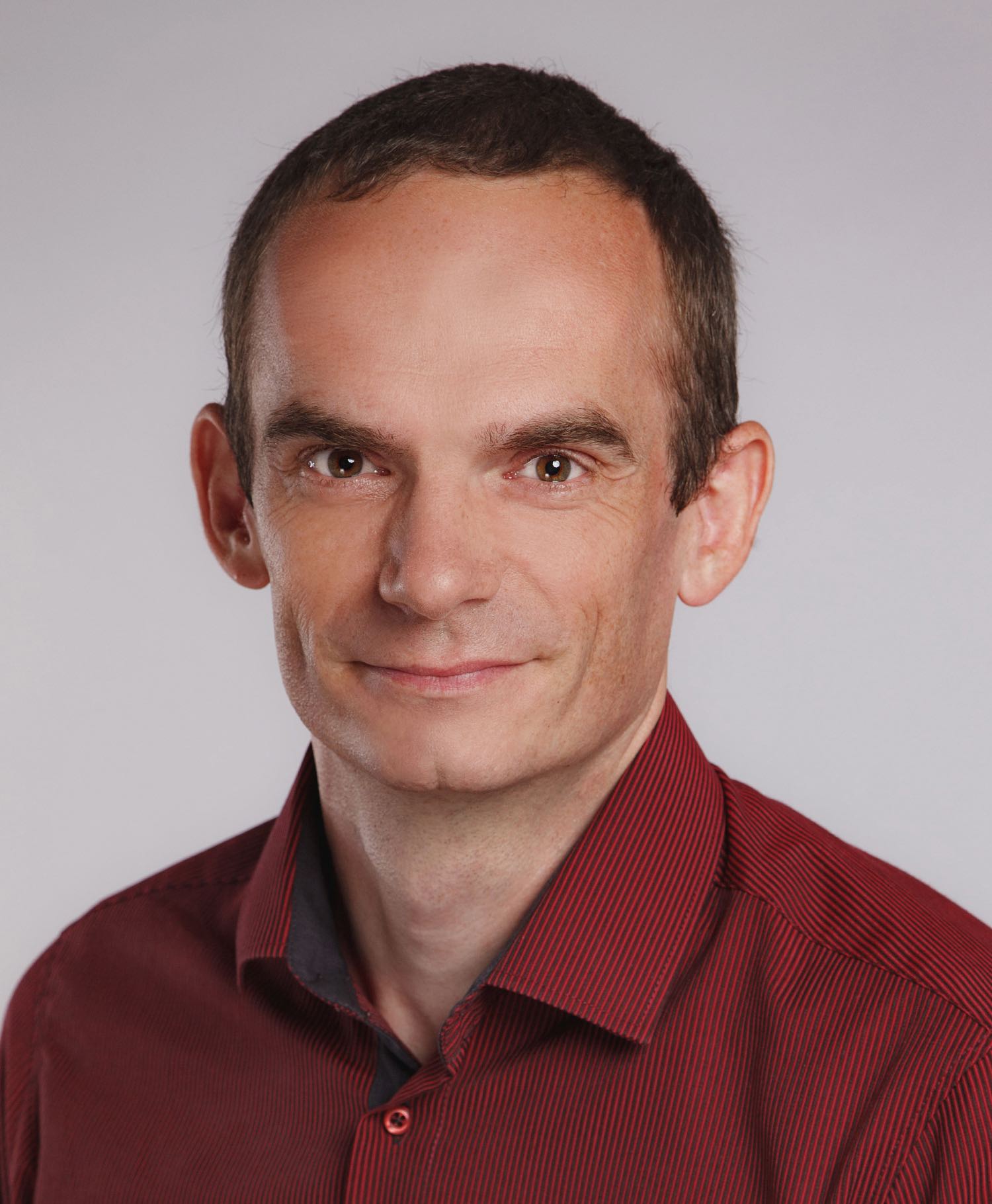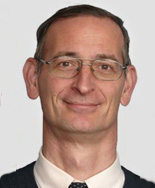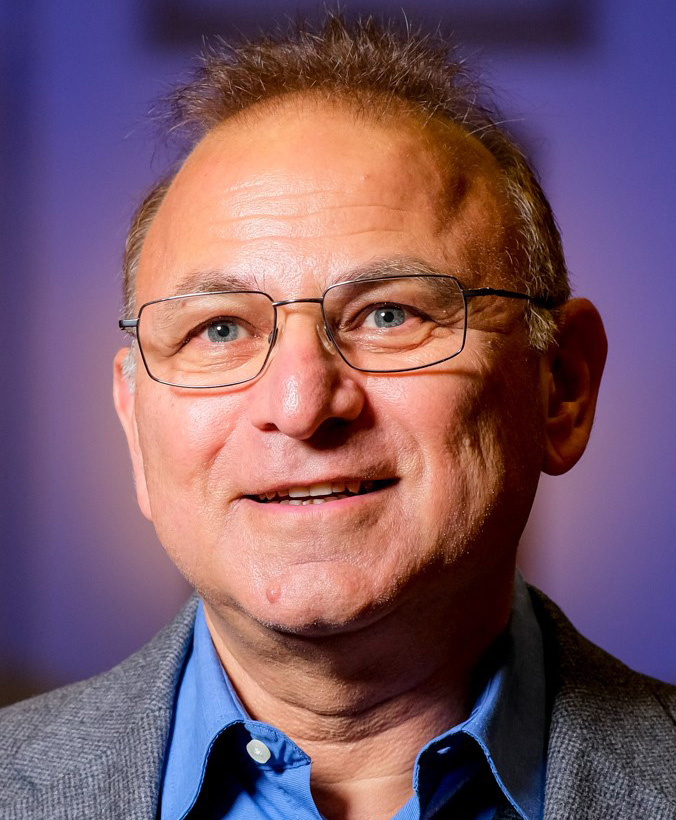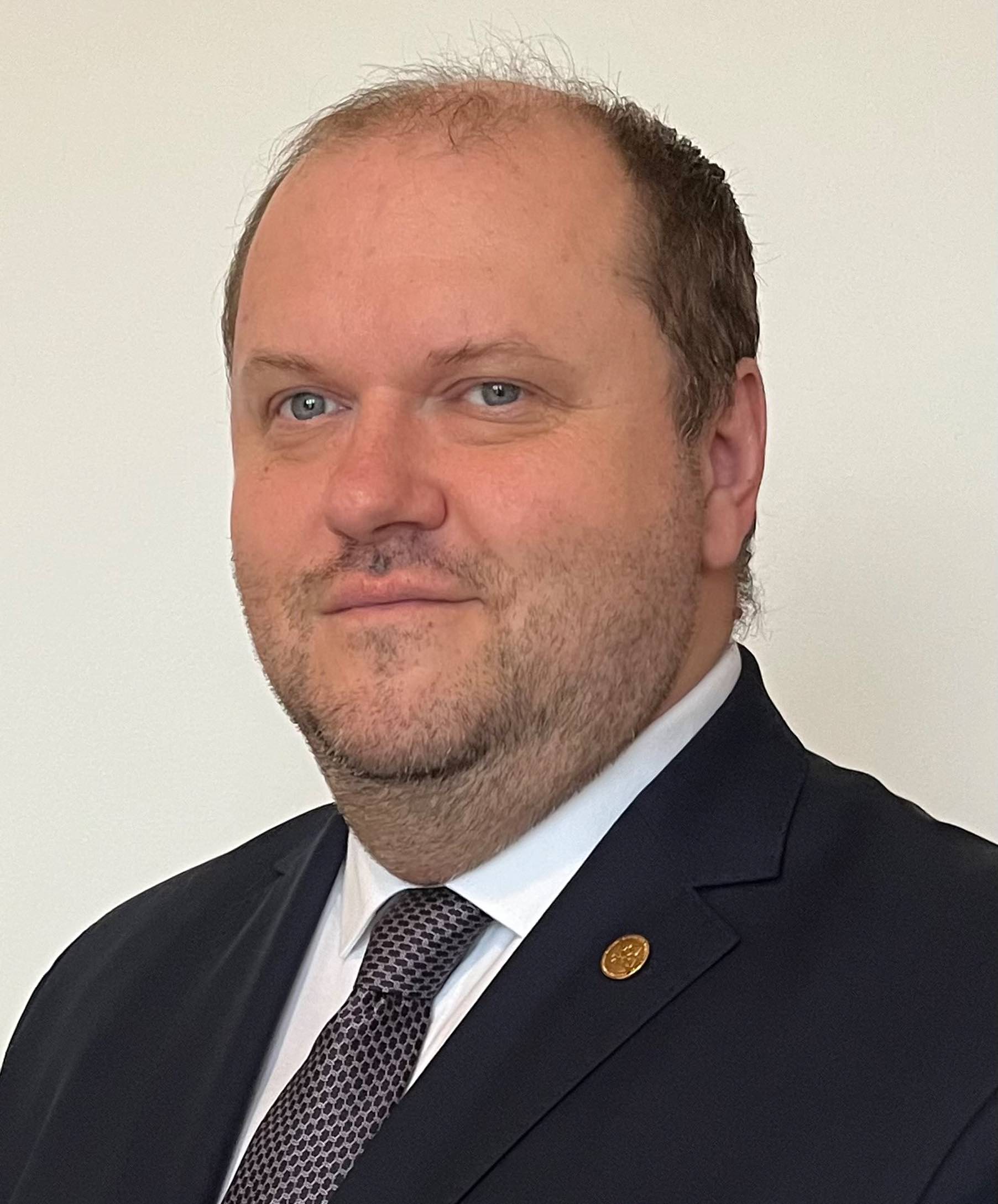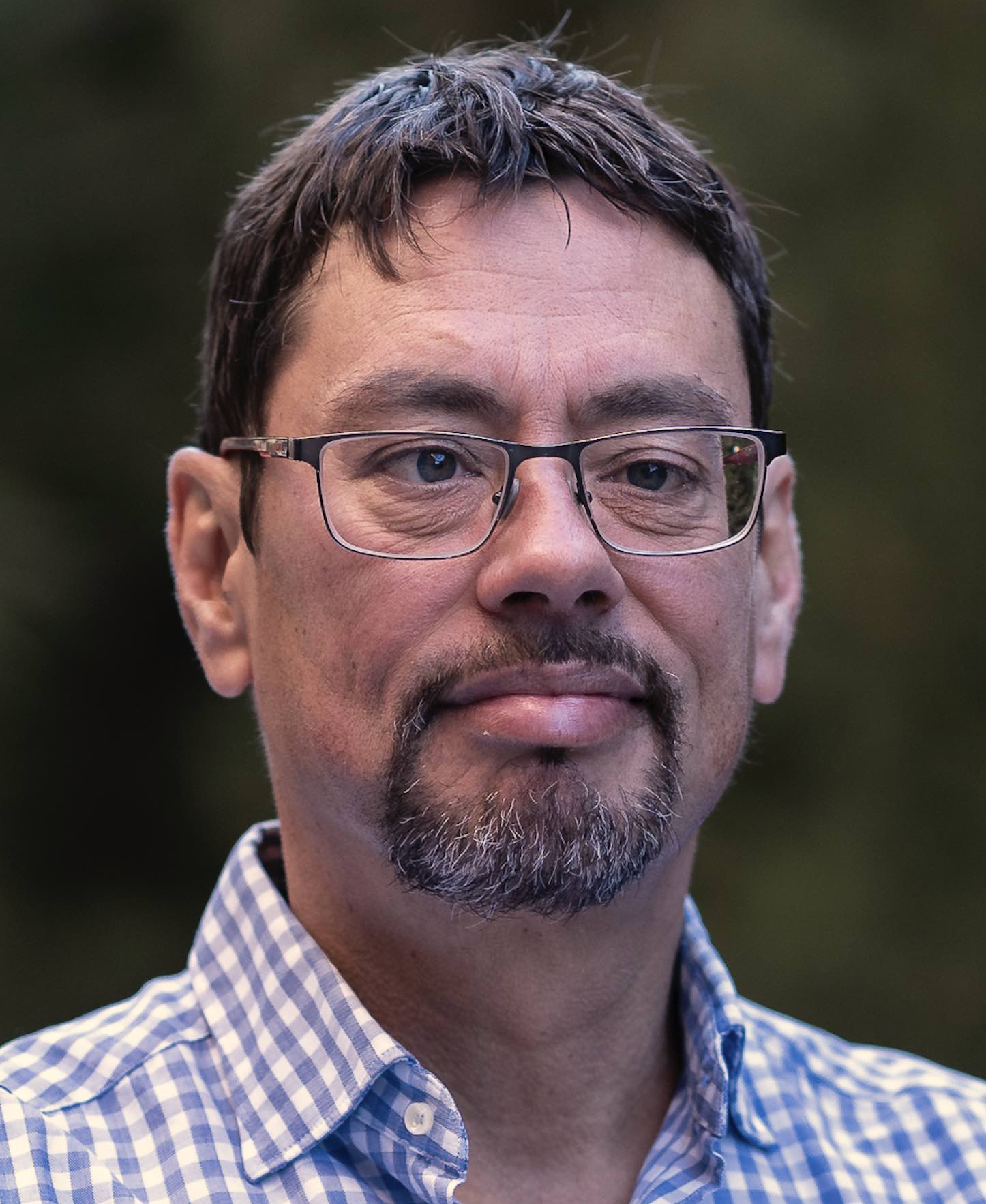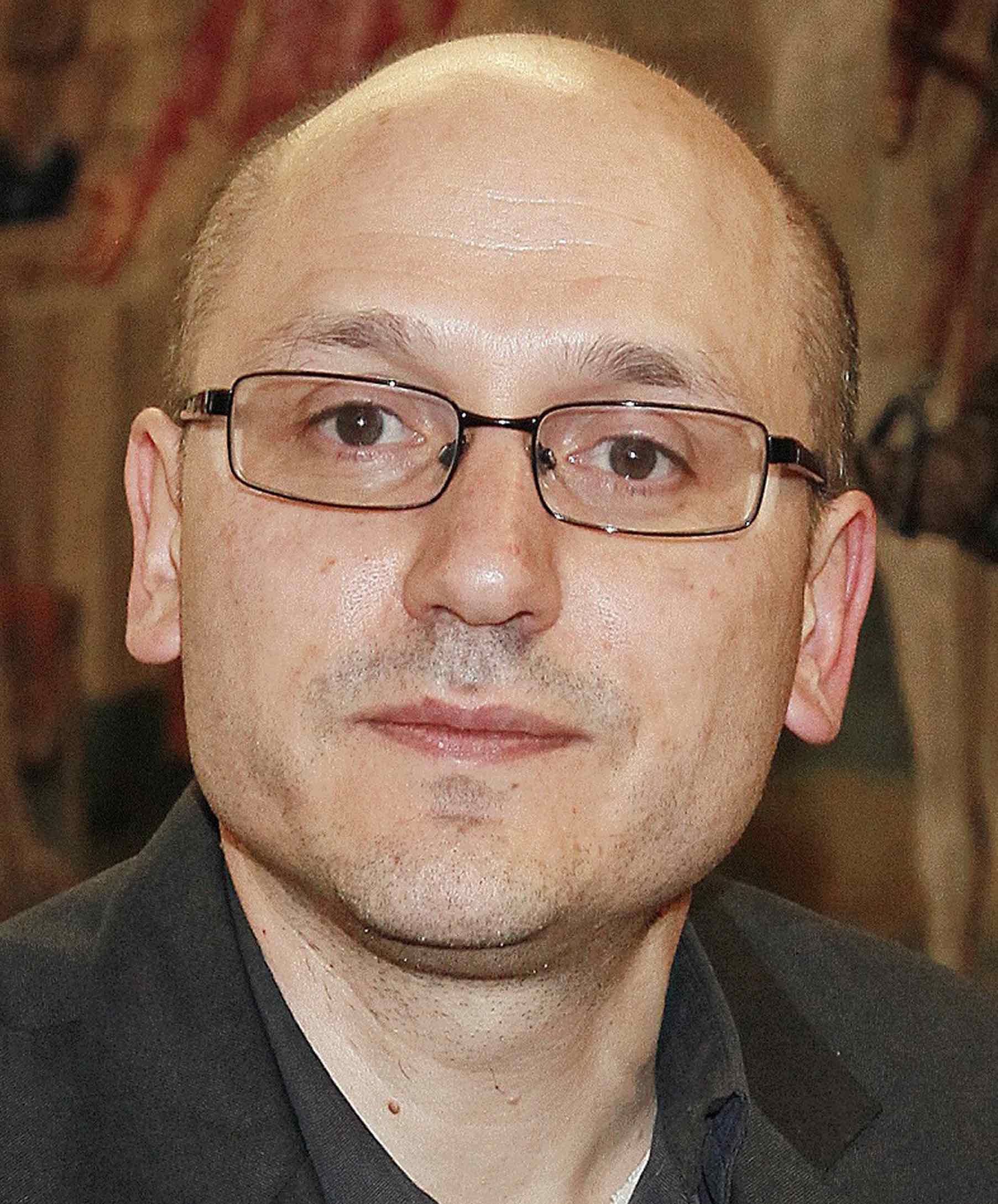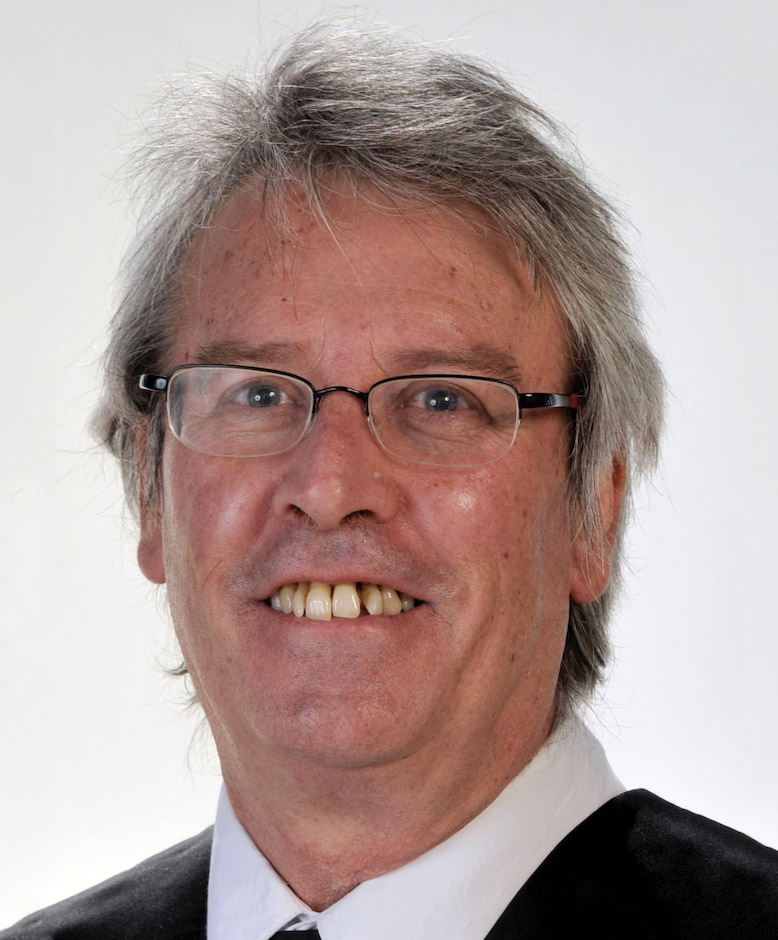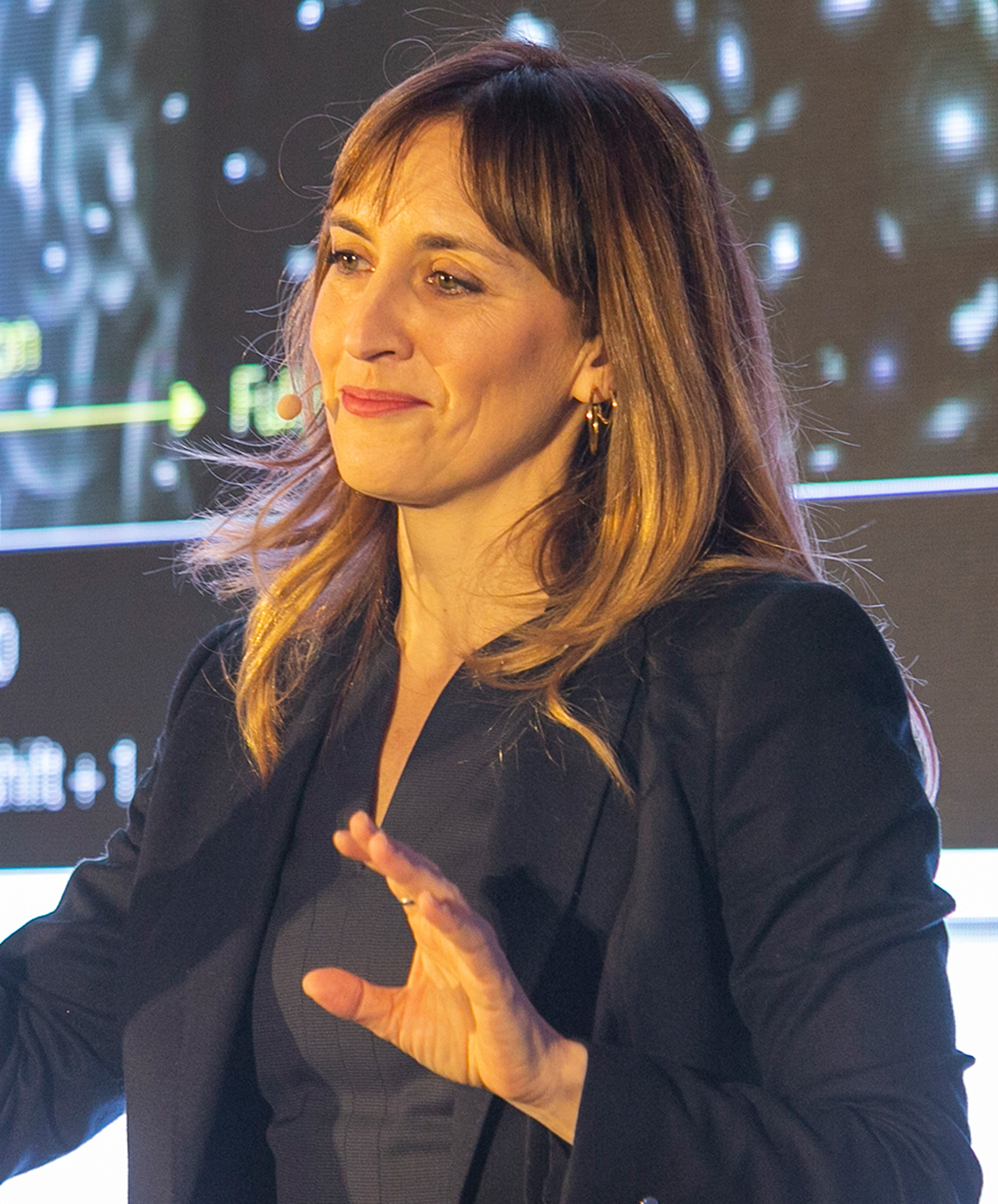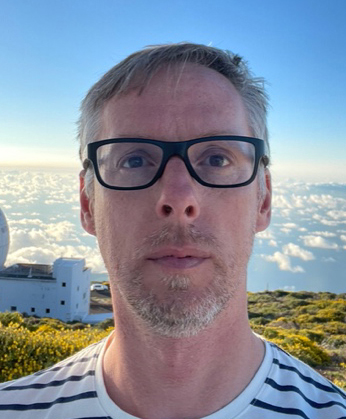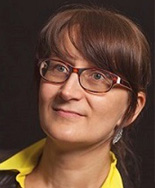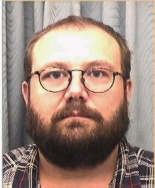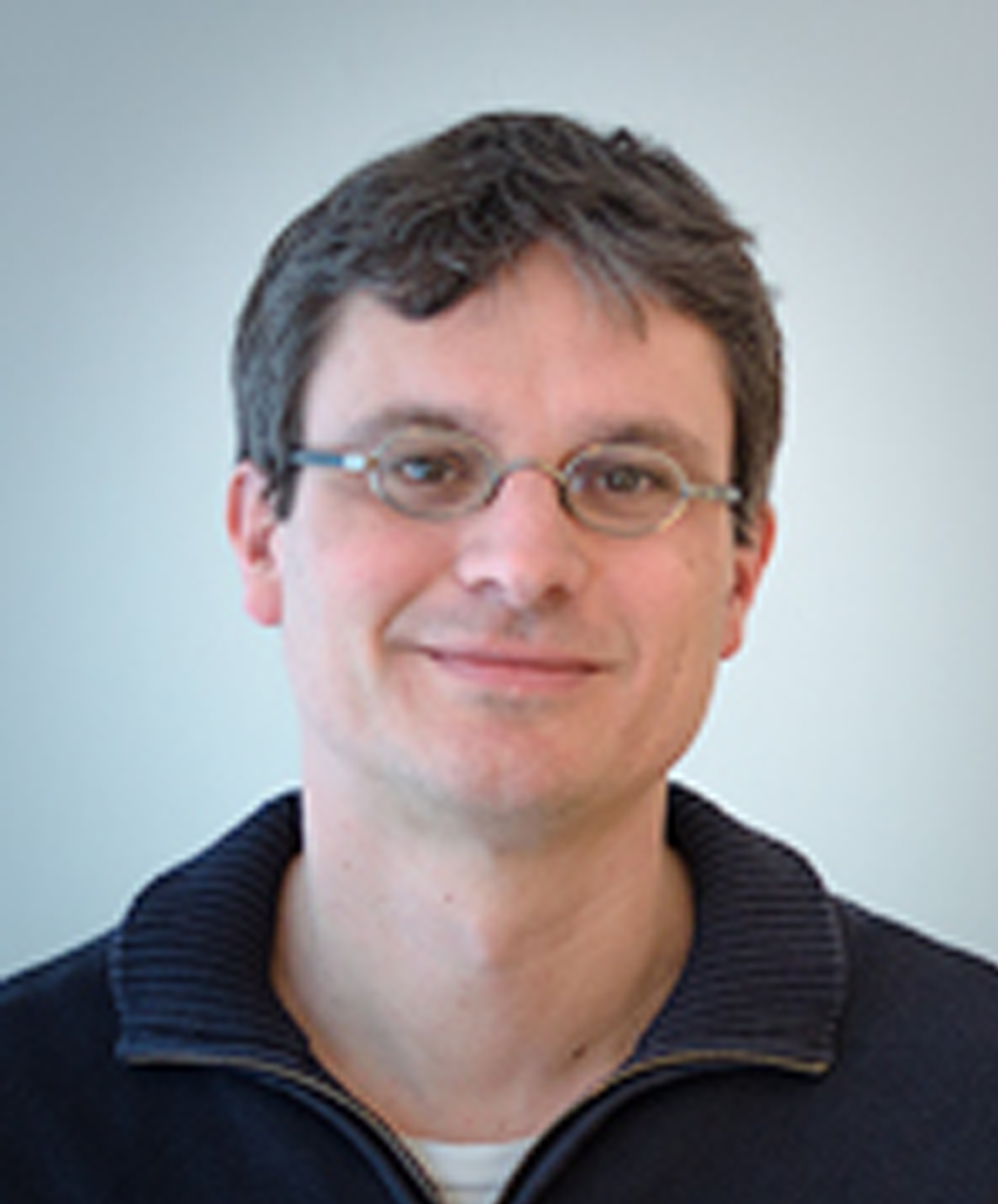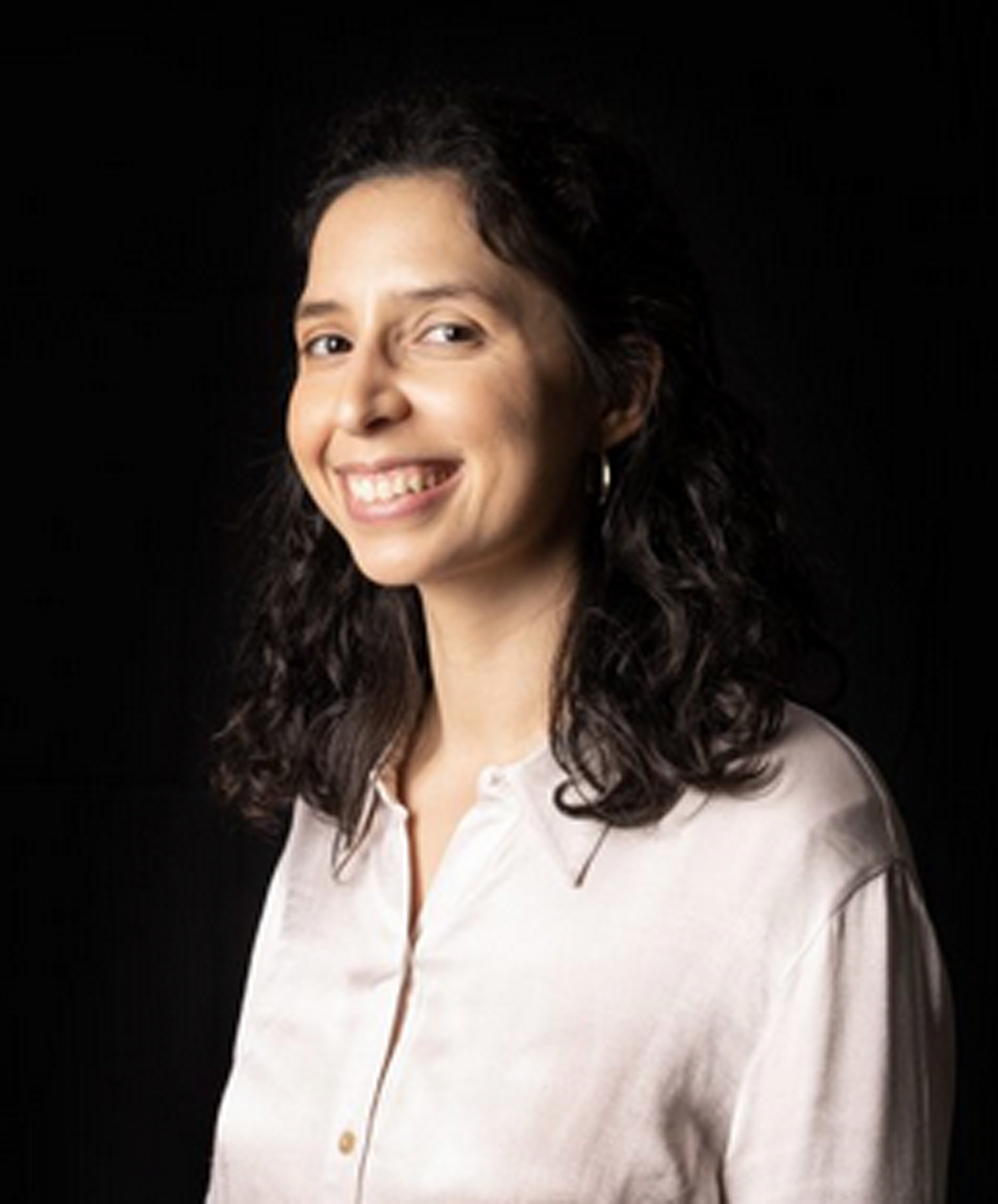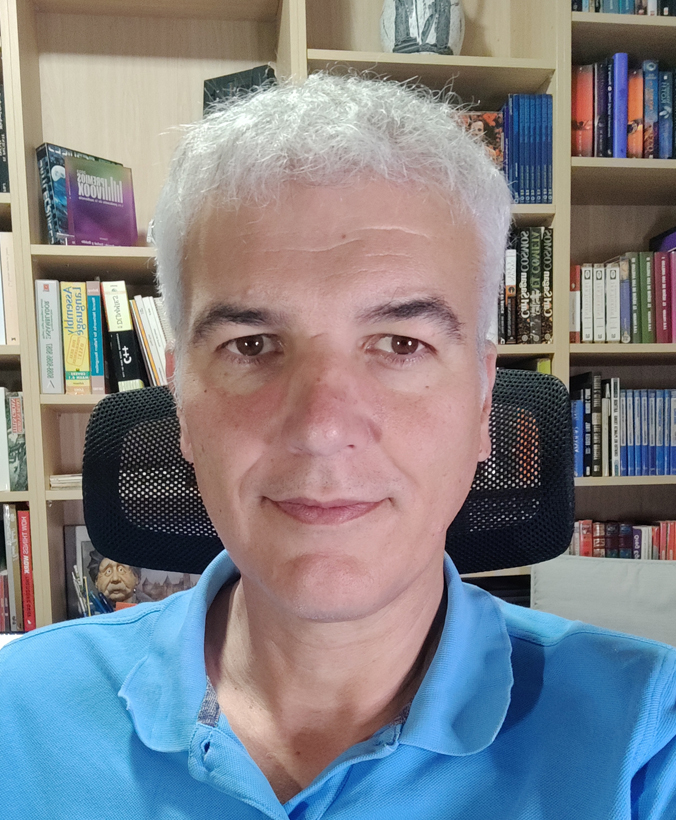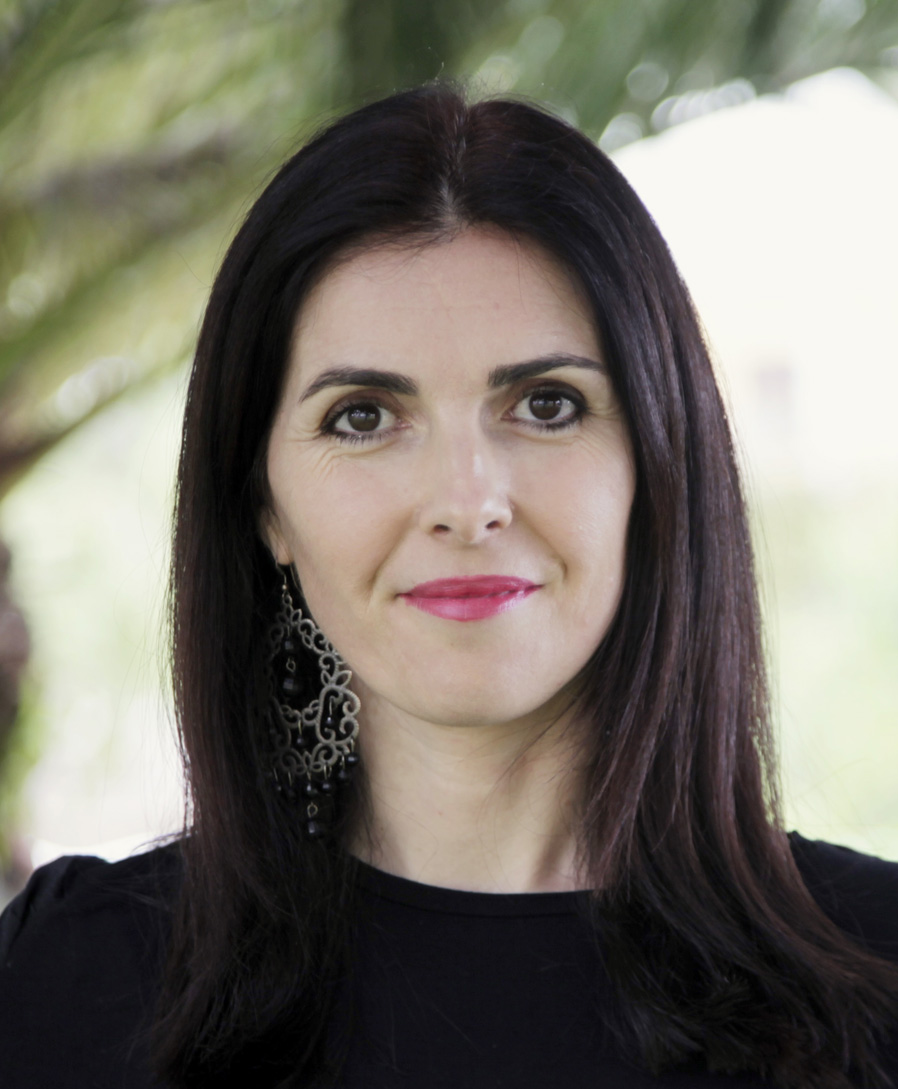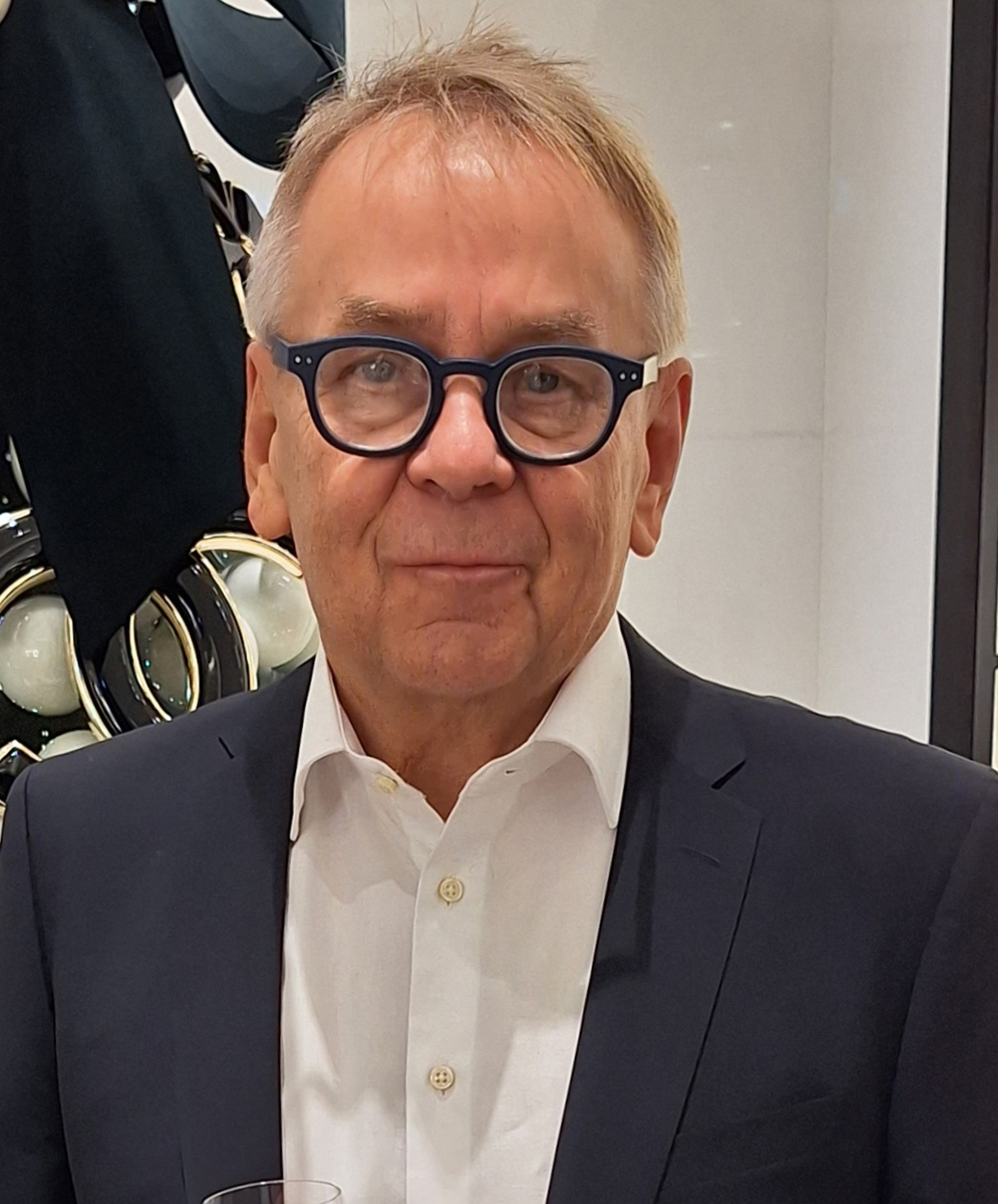Governing Bodies
The three governing bodies of the EST Foundation are the Board of Trustees, the Executive Committee, and the Director.
Board of Trustees
The Board of Trustees is the governing body that represents the Foundation and exercises all the powers necessary to achieve the Foundation's aims. The trustees are defined in the deeds (where the president and vice-president are also identified) and the rules for changing its composition and positions are described in the EST Foundation statutes. The Board of Trustees designates the secretary and may also designate a deputy-secretary.
- President: Manuel Collados (ES)
- Vice-president: Peter Gömöry (SK)
- Secretary: Alejandra Martín (ES)
|
|
Philippe A. Bourdin Austria - University of Graz Philippe Bourdin currently works as a group leader in computational solar physics at the Institute of Physics, University of Graz. His major topics are magneto-hydrodynamic simulations of the solar corona and particle-kinetic simulations of magnetic reconnection, as well as in-situ observations of the electro-motive force during solar storms. |
|
|
Jan Jurčák Czech Republic - Astronomical Institute of the Czech Academy of Science (ASU) Senior scientist at the ASU. He is the head of the Solar Physics Department of ASU and the vice-chair of the ASU Council. He is the head of the EST-CZ project that is on the Czech roadmap of large research infrastructures and corresponds to a national node of the EST infrastructure. He focuses on analysis of spectropolarimetric observations of the solar photosphere. |
|
|
Jozef Bruls Germany - Institute for Solar Physics (KIS) Theoretical solar physics expert. He currently holds the positions of interim scientific director and board member at the Institute for Solar Physics (KIS). Additionally, he serves as the interim department head for observatories and instrumentation, with a specialization in radiative transfer. |
|
|
Sami Solanki Germany - Max Planck Institute for Solar System Research (MPS) Solar physicist and director at the MPS in Germany. He leads the international SUNRISE mission and is the principal investigator of the SO/PHI instrument on the Solar Orbiter mission, as well as being co-investigator of a number of further space instruments. He has received numerous awards, most recently the Hale prize of the American Astronomical Society. |
|
|
Peter Gömöry. Vice-President. Slovakia - Astronomical Institute of the Slovak Academy of Sciences. Director of the Astronomical Institute of the Slovak Academy of Sciences since 2019. The main field of his scientific activity is the research of physical processes in the solar atmosphere. He gives lectures on solar physics at two universities in Slovakia. |
|
|
Luis Bellot Spain - Instituto de Astrofísica de Andalucía (IAA-CSIC) Senior researcher at the IAA. He was the head of the Solar System Department of IAA from 2013 to 2018. Currently he serves as the EST Communications Office head. He is co-investigator on the Solar Orbiter mission and is also involved in the SUNRISE and Hinode missions. |
|
|
Francisco Javier Moreno-Fuentes Spain - Consejo Superior de Investigaciones Científicas (CSIC) Senior researcher at the Institute for Public Good and Policies of the CSIC. Master in Social Sciences from the Juan March Institute, MSc in Social Policy from the LSE, and PhD in Political Science. His areas of interest are the comparative analysis of public policies, with a special focus on immigration, healthcare and urban policies. Vicepresident for CSIC International Affairs. |
|
|
Manuel Collados. President. Spain - Instituto de Astrofísica de Canarias (IAC) Full professor at the Universidad de la Laguna and senior researcher of the IAC. He has been the principal investigator for the developments of the Tenerife Infrared Polarimeter, installed at the German VTT, and of the spectrograph GRIS operating at the German telescope GREGOR. He has served as coordinator of the EU-funded H2020 projects GREST and PRE-EST. |
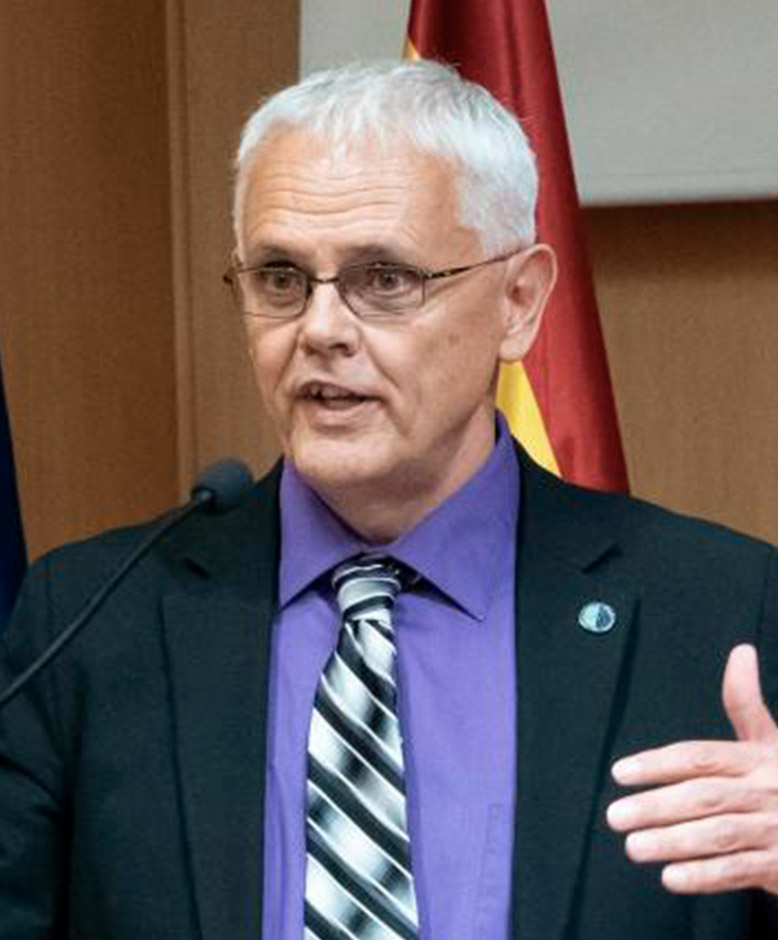 |
Valentín Martínez Pillet Spain - Instituto de Astrofísica de Canarias (IAC) Research Professor at the Instituto de Astrofísica de Canarias (IAC) and current Director of this Spanish research centre. Martínez has also served as Director of the National Solar Observatory of the USA from 2013 to 2024. |
|
|
Eva Villaver Spain - Instituto de Astrofísica de Canarias (IAC) Deputy Director of the Instituto de Astrofísica de Canarias. Astrophysicist specialising in planetary systems evolution and the final stages of stellar life. Full professor at the Instituto de Astrofísica de Canarias and Director of the Space and Society Office at the Spanish Space Agency. |
|
|
Jorrit Leenaarts Sweden - Stockholm University Professor of solar physics at Stockholm University. He is the director of the Institute for Solar Physics, which operates the Swedish 1-m Solar Telescope on La Palma. |
|
|
Svetlana Berdyugina Switzerland - Università de la Svizzera italiana (USI-IRSOL) Professor at USI and IRSOL Director. She chaired the EST Board of Directors. Under her directorship of KIS, GREGOR became a top-class solar facility, VTF instrument was commissioned for DKIST, a wavefront sensor was built for Sunrise III, and the Science Data Centre was established. She is a winner of prestigious EURYI Award and ERC Advanced Grant. |
|
|
Robertus Erdelyi United Kingdom - University of Sheffield He holds a MSc in physics, astronomy and history. He obtained a PhD in applied mathematics in 1995 from the K.U. Leuven, and holds a CSc degree in astrophysics (1996, Hungarian Academy of Sciences). His main fields of research are solar MHD waves and oscillations, solar theory, and space weather forecasting. |
|
|
Luc Rouppe van der Voort. Observer. Norway - ITA- University of Oslo Professor at the Institute for Theoretical Astrophysics at the University of Oslo since 2013, his academic and professional career is closely linked to solar physics and high-resolution observations of the solar atmosphere from both ground-based and space-based observatories. |
|
|
Marta Gonçalves. Observer. Portugal - Portuguese Space Agency In 2019, she became part of the team at the Portuguese Space Agency, concentrating on Education and Science. She contributed to the implementation of initiatives such as the European Rocketry Challenge and Astronaut for a Day, while also supporting Space Science activities carried out by Portuguese academia. |
Executive Committee
The main function of the Executive Committee is the examination of all documentation to verify compliance with the Budget and the Explanatory Report and the adoption of the appropriate measures to correct any deviations that may occur.
The Executive Committee is formed by the president of the Board of Trustees, who chairs it, the vice-president, and at least one other trustee, appointed by agreement of the Board of Trustees. The secretary of the Executive Committee is the same person as the secretary of the Board of Trustees, and has the right to speak but not to vote. The Executive Committee meetings are attended by the director of the Foundation, with the right to speak but not to vote.
Director
The director of the Foundation is in charge of the affairs and good running of the Foundation. This position is appointed by the Board of Trustees. The director attends the meetings of the Board of Trustees, the Executive Committee and the Advisory Council, with voice but without a vote.
|
|
Hector Socas Navarro Director. Instituto de Astrofrísica de Canarias (IAC) Senior researcher at the IAC. He spent 9 years at the High Altitude Observatory (US), where he led the construction of the spectropolarimeter SPINOR and participated in the SDO and Hinode missions. From 2008 to 2018, he served as the EST project scientist. Then he was appointed director of the Museum of Science and the Cosmos of Tenerife until the end of 2023. |
Administrator
The administrator will be responsible for effectively managing, coordinating, and overseeing all of the Foundation's administrative activities, including human resources, finances, procurement, and legal issues.
|
|
Alejandra Martín Administrator and Secretary. Instituto de Astrofrísica de Canarias (IAC) RTD manager with keen knowledge on management of RIs and EU RTD funding schemes, and more than 15 years of working experience at the Instituto de Astrofísica de Canarias and its observatories, as well as at the Spanish Office for Science and Technology in Brussels. She was the project manager of the EU-funded H2020 projects GREST and PRE-EST. |
Scientific and Technical Advisor to the Director (STAD)
The STAD will be responsible for keeping the Director of the Foundation informed about the scientific and technical advancements of the EST project. To this end, it will maintain direct contact with the EST Scientific Advisory Group and the staff of the EST Project Office, allowing it to obtain up-to-date and accurate information regarding the project's status.
|
|
Göran Scharmer Professor at Stockholm University. He has a 40-year experience of developments relevant in the context of the development of a design of EST. He has been responsible for the development of the two Swedish solar telescopes on La Palma, 3 adaptive optics systems and and 2 Fabry-Perot pased imaging spectropolarimeters for these telescopes. |
